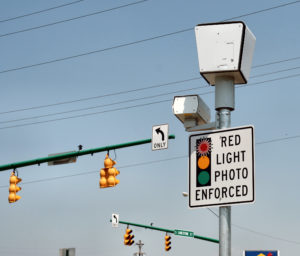Some experts believe that the recent rise in product liability lawsuits is being driven in part by regulators, but they advise that businesses that want to avoid product liability lawsuits should take great pains to avoid putting out defective products.
Almost daily, there is a recall announced somewhere in the US, and in many cases, the product might overheat and cause a fire or a circuit board could short out. The question these experts have is: Why didn’t the company know this could happen?
Many companies that are facing a recall probably did not do enough testing before the product was launched. Many consultants, lawyers and regulators in the manufacturing industry say that rigorous pre-release testing and tweaking is better in the end for the balance sheets, and of course is better for the consumer.
One of the biggest recalls in recent years that should have been foreseen is Takata, the auto airbag maker in Japan. Their product contains an ammonium nitrate propellant, which when coupled with moisture and high temperatures can cause the airbag to rupture and spew shrapnel into the driver or passenger. This defect has killed 10 people since 2009 and 28 million airbags have been recalled, with another 35 million to be recalled in the near future.
Takata is not alone; auto recalls in the US set a record in 2015, and recalls in other industries, such as pharmaceuticals, food products and consumer goods have increased in the last few years.
The Internet and social media have made it easier than ever to report malfunctioning and defective products, so all manufacturers would do well to do as much testing as possible before the products are released to the market.
Our View
Most defective product cases are based upon strict liability and not negligence. This means that it is not necessary to prove fault by the defendant, but only prove that the product was dangerous or defective and you were hurt from the product. The law states that certain products such as guns and knives are inherently dangerous and the consumer should know that when they acquire them. However, if you are hurt by a product without an inherent risk, such as a coffee machine or an airbag in a car, you could potentially have a case.
Product liability cases can be complicated as the companies involved usually have significant financial resources to defend themselves, but a good product liability attorney can win a good settlement, such as this $375,000 case we won in 2001.









Comments for this article are closed.